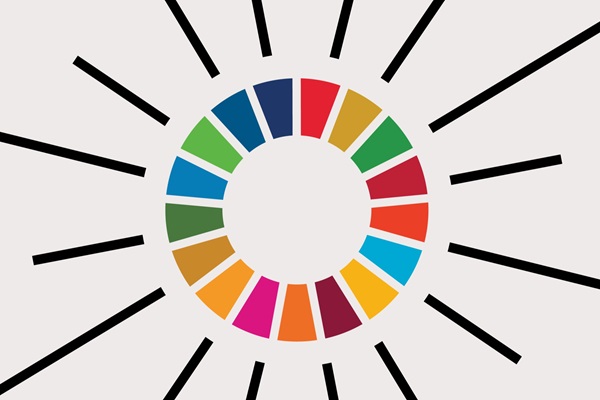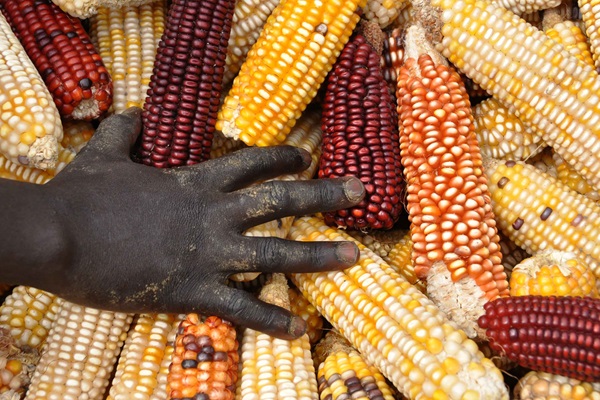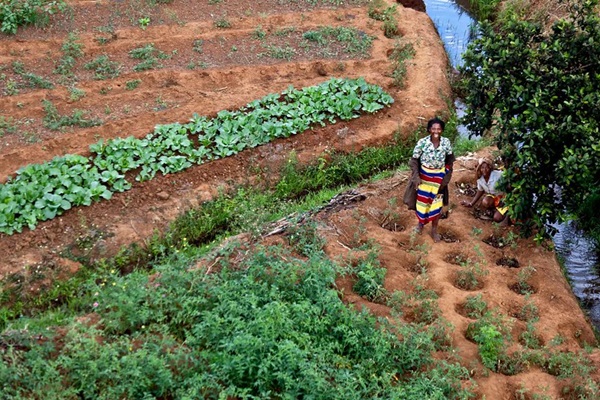News

SDG Summit: FAO Ministerial Dialogue underscores the links between biodiversity, climate and food security
19/09/2023

Developing a roadmap for Global Biodiversity Framework (GBF) Target 2
19/09/2023

Nature Driving Economic Transformation
17/09/2023
Launched at the SDG Summit, the High Impact Initiative on Nature Driving Economic Transformation aims to bring together countries undertaking significant economic shifts, and catalyzing a global movement in evidence-based policies and investments for an inclusive green transition that accelerates progress on the SDGs, recognizes and supports nature contributions and dependencies, and reduces related risks to support a Biodiversity Economy. Overview of SDG Action Weekend; Overview of all High Impact Initiatives; High Impact Initiative: Nature Driving Economic Transformation. Live Webcast on Sunday at 11:45 AM Eastern Time (6:45 PM Eastern Africa Time).
-min.tmb-th600x400.jpg?Culture=en&sfvrsn=acada1a_1)
Invasive Alien Species Pose Major Global Threats to Nature, Economies, Food Security and Human Health
04/09/2023

FAO, CFI, Common Oceans at launch of GEF Global Biodiversity Framework Fund
01/09/2023

Efforts to safeguard biodiversity receive welcome boost
25/08/2023

Multistakeholder consultation on biodiversity mainstreaming in Madagascar
24/08/2023

A Tool to Tackle the Climate and Biodiversity Crises: Our Agrifood Systems
23/08/2023
STORY HIGHLIGHTS: From climate change to biodiversity loss, food waste to conflict, these colliding disasters must be tackled together, and sustainable agrifood systems are key with the capacity to put the brakes on or even reverse damage already done. We look to this week’s Seventh Assembly of the GEF, the largest gathering of a family of funds dedicated to confronting biodiversity loss, climate change, pollution, and strains on land and ocean health. Looking forward – to the SDG Summit, to UNFCCC COP 28, and to 2030 – we have to continue investing in and scaling up these approaches.

Indigenous Peoples and the Vital Role of Wild and Stingless Bees in Preserving Biodiversity
09/08/2023

